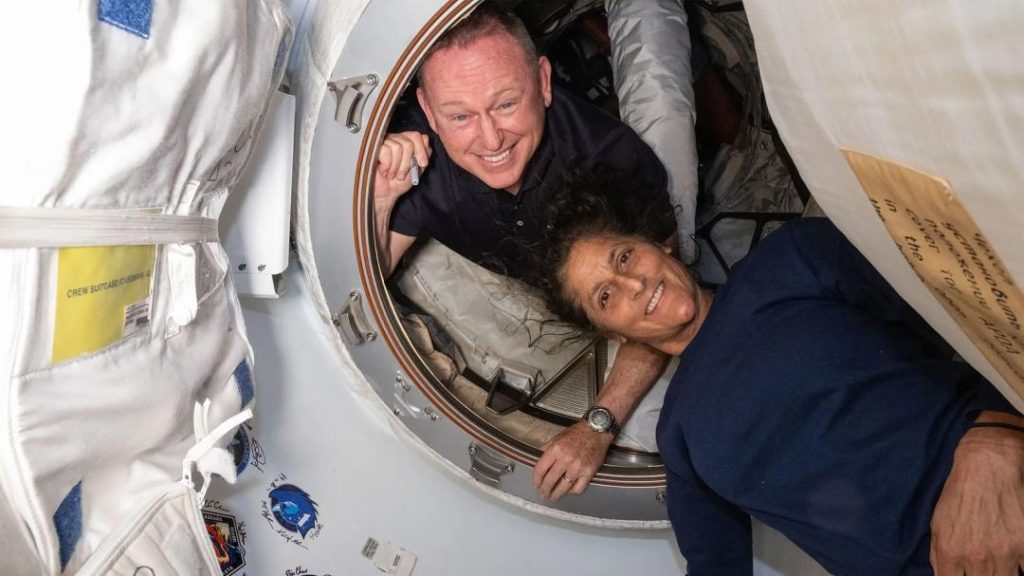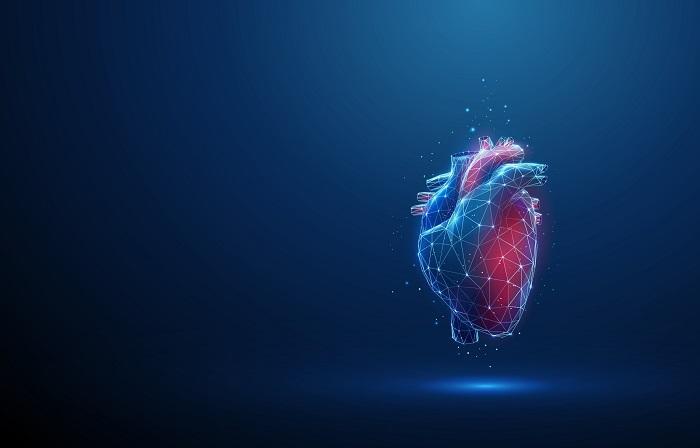
What Challenges Will Sunita Williams & Butch Wilmore Face After Returning to Earth?
Next week, astronauts Sunita Williams and Butch Wilmore are expected to return to Earth after their long-duration space missions. While their journey to the International Space Station (ISS) was an incredible achievement, their return to Earth is likely to be a challenging experience. As they readjust to life on our planet, they will face a range of physical and physiological challenges that are a natural consequence of spending time in space.
One of the most significant challenges they will face is the loss of bone density. Prolonged exposure to microgravity can cause the body to lose bone mass, particularly in the spine, hips, and legs. This is because the muscles in these areas have to work harder to maintain posture and movement in zero gravity, which can lead to a reduction in bone density over time. When they return to Earth, they will need to engage in regular exercise and physical activity to counteract this loss and maintain their bone health.
Another challenge they will face is the development of “baby feet.” Due to the lack of gravity, the muscles in their feet and legs have weakened, causing their feet to become less rigid and more susceptible to swelling. This can make it difficult for them to walk or stand for extended periods, and they may need to use mobility aids to help them get around. Over time, their feet should return to normal, but it may take several weeks or even months for them to fully recover.
In addition to these physical challenges, Sunita Williams and Butch Wilmore may also experience a range of physiological symptoms as they readjust to life on Earth. One of the most common issues is the loss of blood volume. In space, the body is not subject to the same gravitational forces that we experience on Earth, which means that the blood vessels in the legs and other areas can expand and reduce blood volume. When they return to Earth, this can cause a range of symptoms, including dizziness, nausea, and even fainting. They may also experience headaches, fatigue, and insomnia as their bodies readjust to the gravitational forces of our planet.
Another challenge they will face is the difficulty of sleeping. In space, the lack of gravity can make it difficult to get a good night’s sleep, as the body is not able to settle into its natural sleep patterns. When they return to Earth, they may find it difficult to fall asleep or stay asleep, which can lead to fatigue and other issues.
So, what can Sunita Williams and Butch Wilmore do to make their transition back to life on Earth easier? One of the most important things they can do is engage in regular exercise and physical activity. This will help them to maintain their bone density and muscle mass, and will also help to reduce the risk of developing chronic diseases, such as osteoporosis and cardiovascular disease.
They should also make sure to stay hydrated and eat a balanced diet. The lack of gravity can cause the body to lose fluids and electrolytes, which can lead to dehydration and other issues. A healthy diet that includes plenty of fruits, vegetables, and whole grains can help to replenish these essential nutrients and support overall health and well-being.
In addition to these physical and physiological challenges, Sunita Williams and Butch Wilmore may also face emotional and psychological challenges as they readjust to life on Earth. They will have spent months or even years in space, away from their families and friends, and will need to readjust to the stresses and routines of daily life.
They may also experience feelings of disorientation and disconnection from the world around them. The experience of living in space can be isolating and disorienting, and it can take time for them to readjust to the sights, sounds, and rhythms of life on Earth.
In conclusion, Sunita Williams and Butch Wilmore are set to face a range of challenges as they return to Earth after their long-duration space missions. From the loss of bone density and the development of “baby feet” to the physiological and emotional challenges of readjusting to life on our planet, they will need to be prepared to face a range of challenges as they transition back to life on Earth. By engaging in regular exercise, staying hydrated and eating a balanced diet, and seeking support from friends, family, and medical professionals, they can minimize the impact of these challenges and return to their normal lives as quickly and smoothly as possible.






